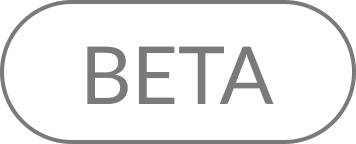The Elements of Corporate Governance in Family, Private and Public Companies
This section does not have any lessons.
Role, Structure and Composition of the Board and Supporting Committees
This section does not have any lessons.
Key Responsibilities for the Board and Committees
This section does not have any lessons.
Effective Board Practices and Meeting Disciplines
This section does not have any lessons.
The Importance and Value of Independent Directors and External Advisors
This section does not have any lessons.
Formal Reporting and Communications with Stakeholders: the AGM and Beyond
This section does not have any lessons.
Assessing and Improving the Performance of the Board, Chair and Individual Directors
This section does not have any lessons.

